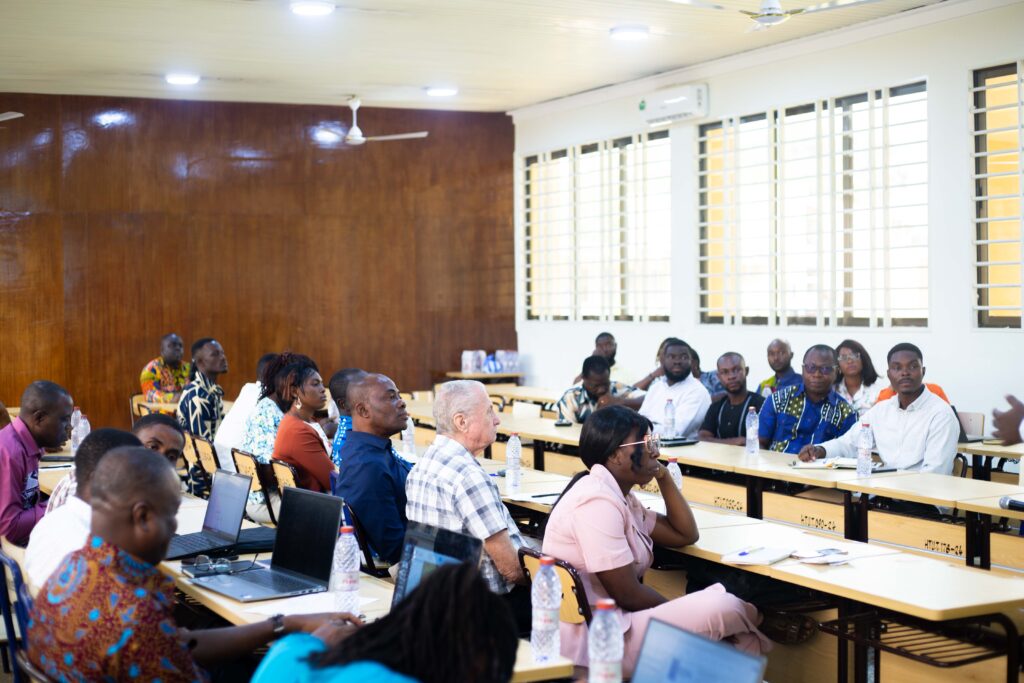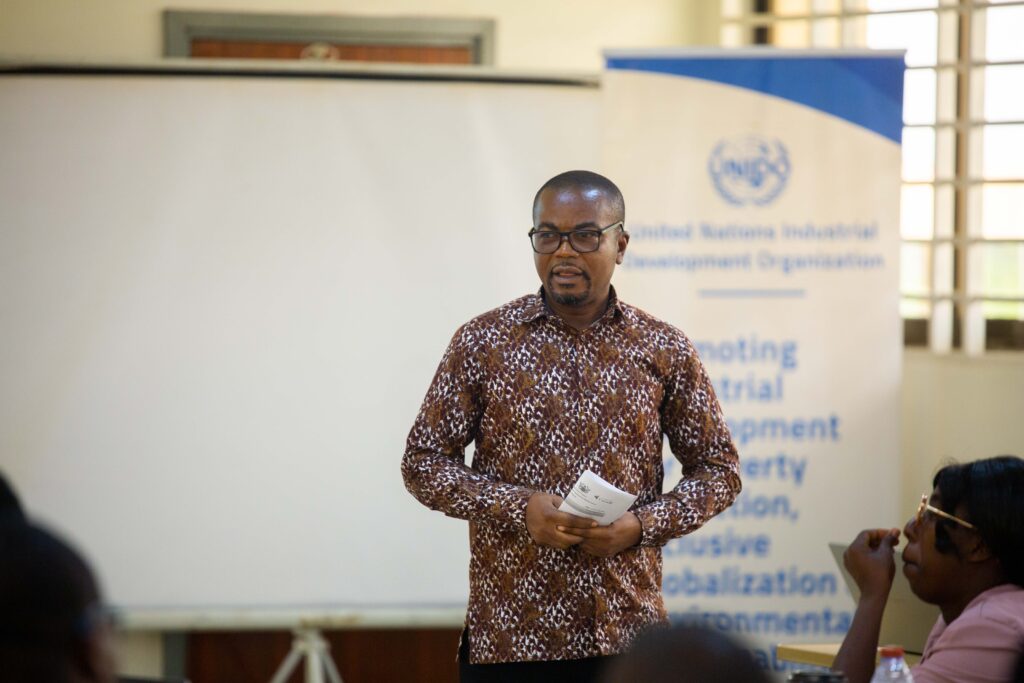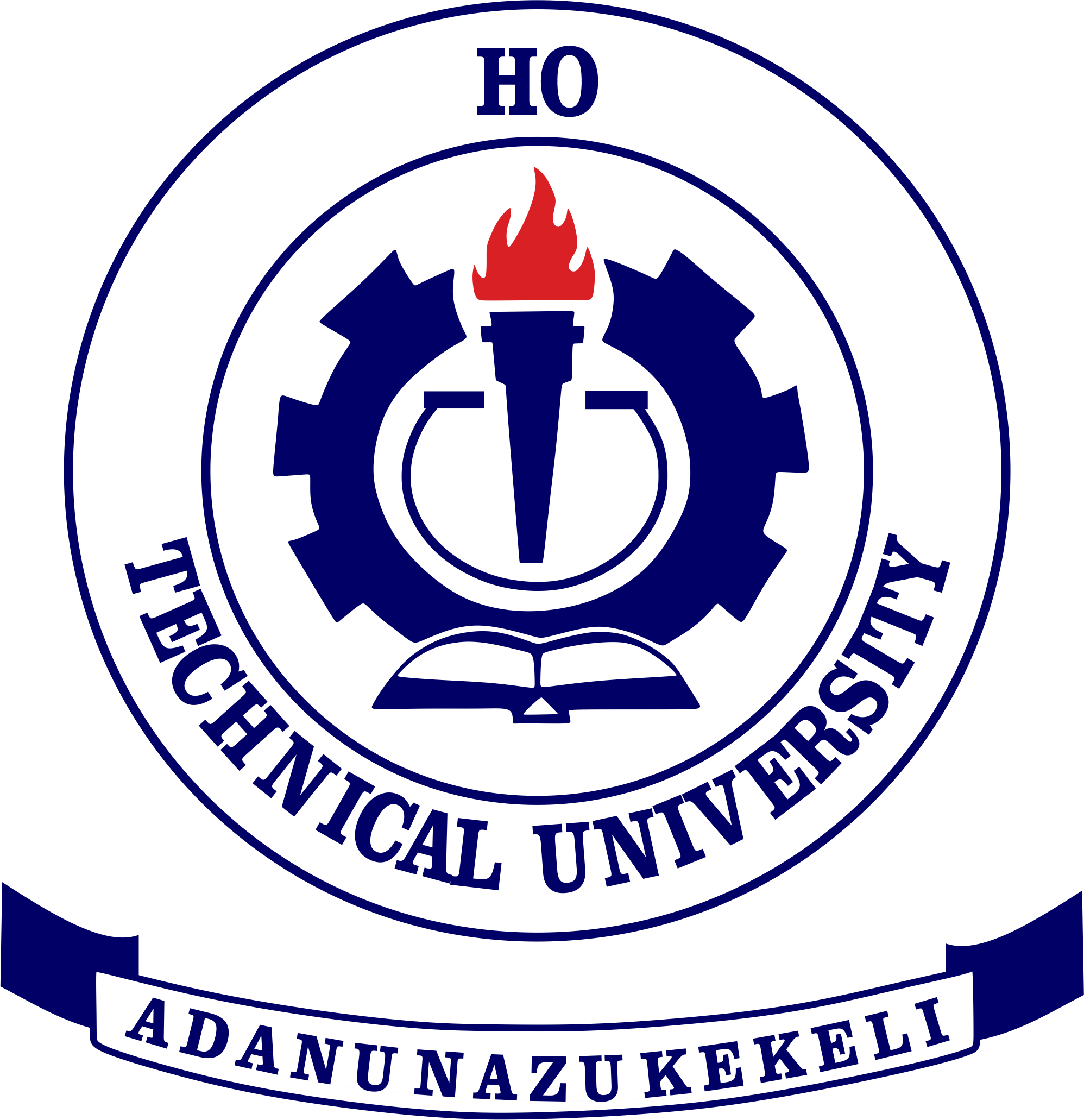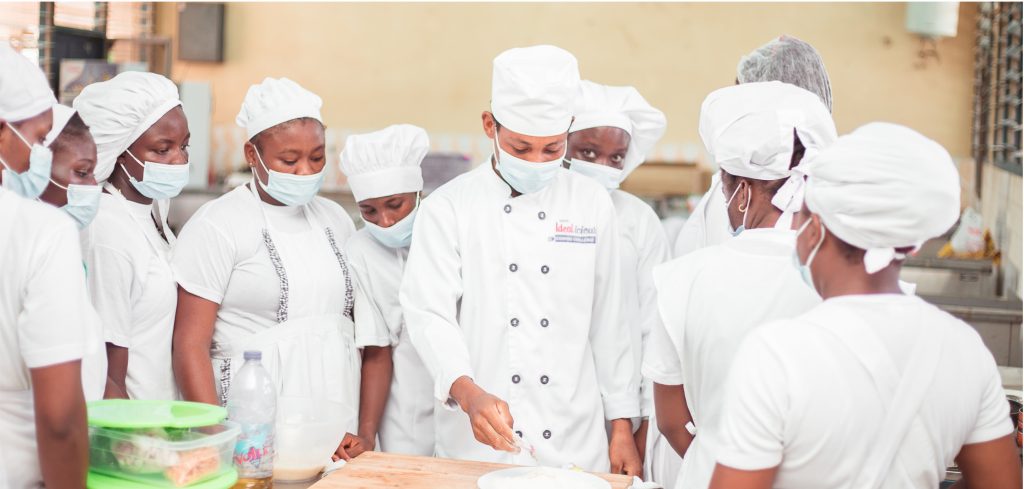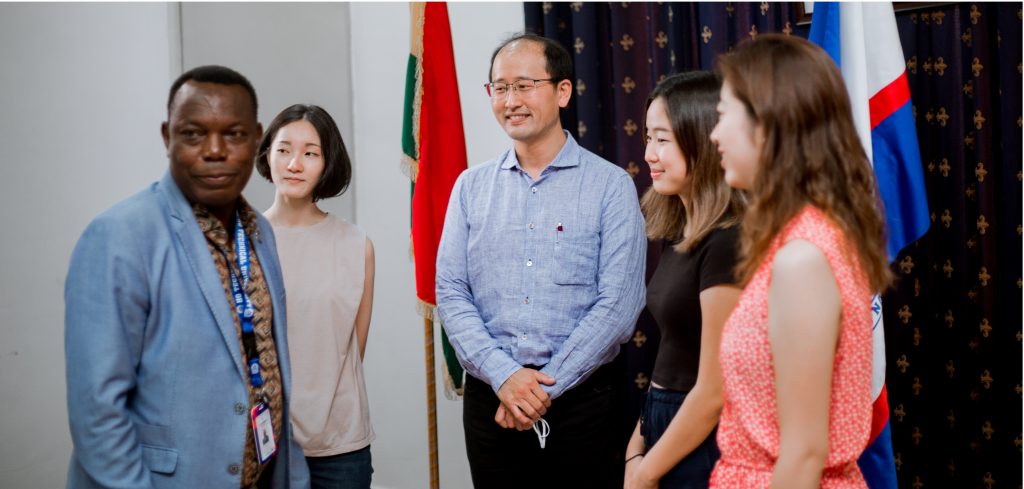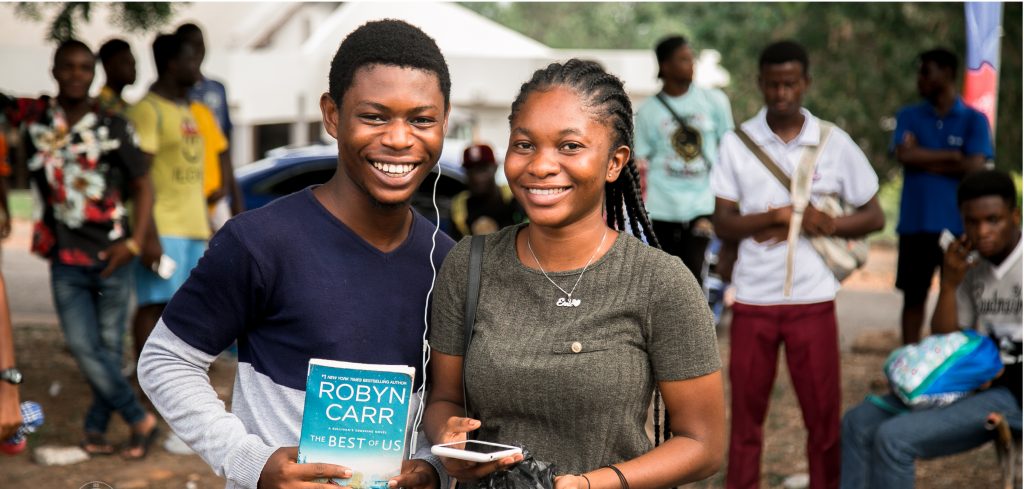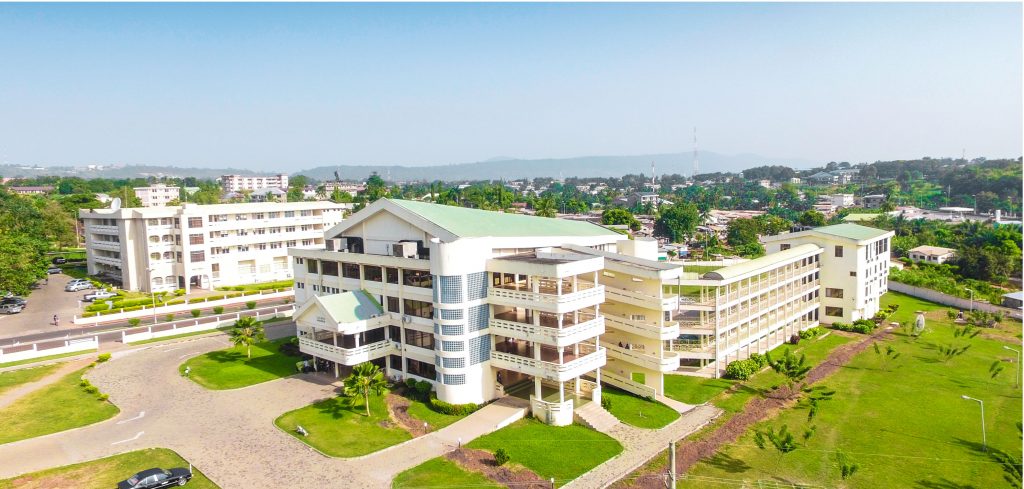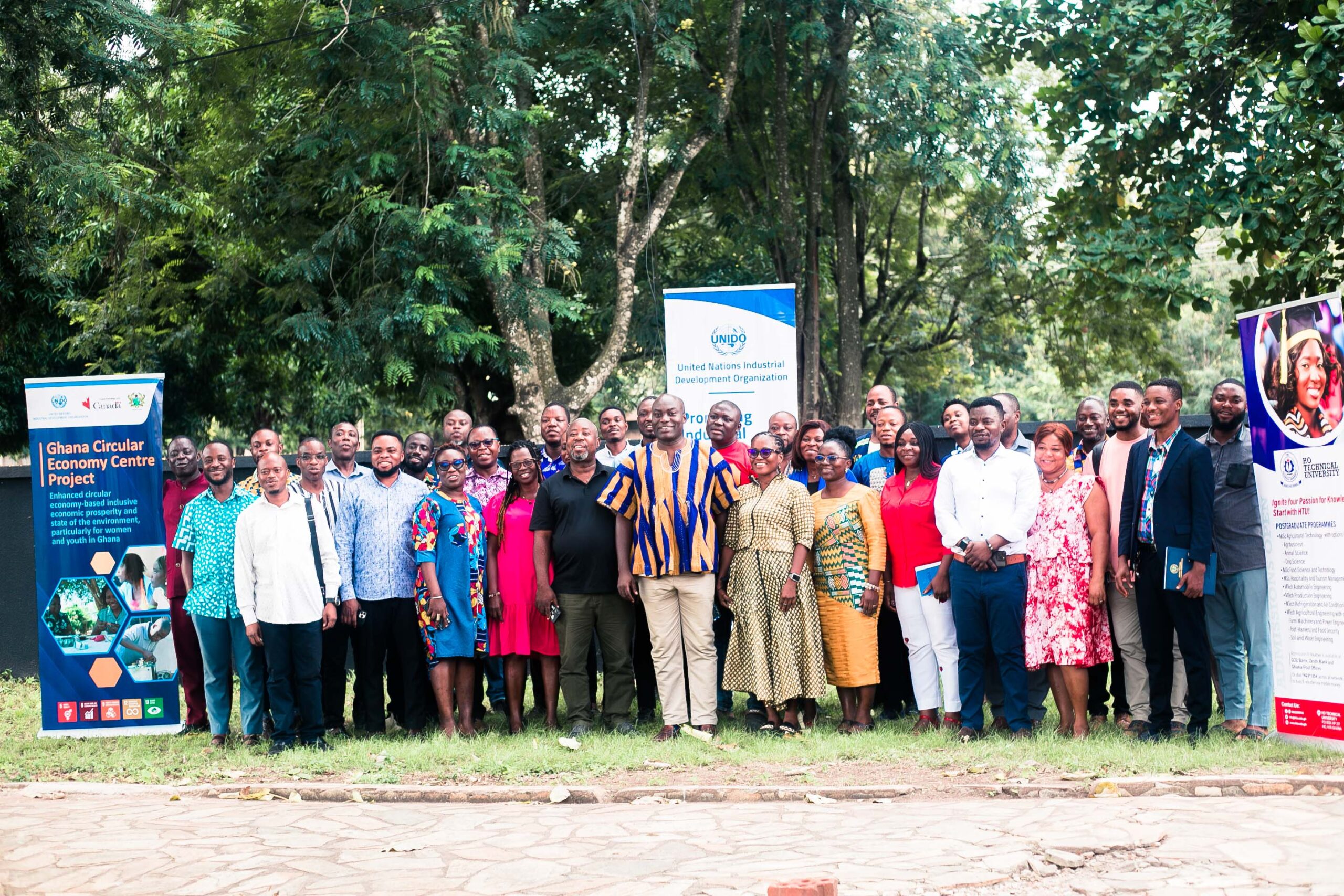Ho Technical University has successfully hosted a three-day national workshop to validate key outcomes of the Ghana Circular Economy Centre Project, from Tuesday, July 15 to Thursday, July 17, 2025.
The event brought together stakeholders from academia, industry, and development organisations to assess findings, review implementation roadmaps, and contribute expert inputs towards Ghana’s transition to a sustainable circular economy.
The Ghana Circular Economy Centre Project, led by the United Nations Industrial Development Organization (UNIDO), seeks to advance sustainable production and consumption, reduce waste, and improve resource efficiency across key sectors. HTU serves as the national host institution for the initiative.
Participants were taken through technical research findings in two priority value chains: plastics, and agriculture/agro-processing—specifically cassava. The plastics stream was led by the University of Cape Coast (UCC), while research in agriculture and agro-processing was driven by the Kwame Nkrumah University of Science and Technology (KNUST).
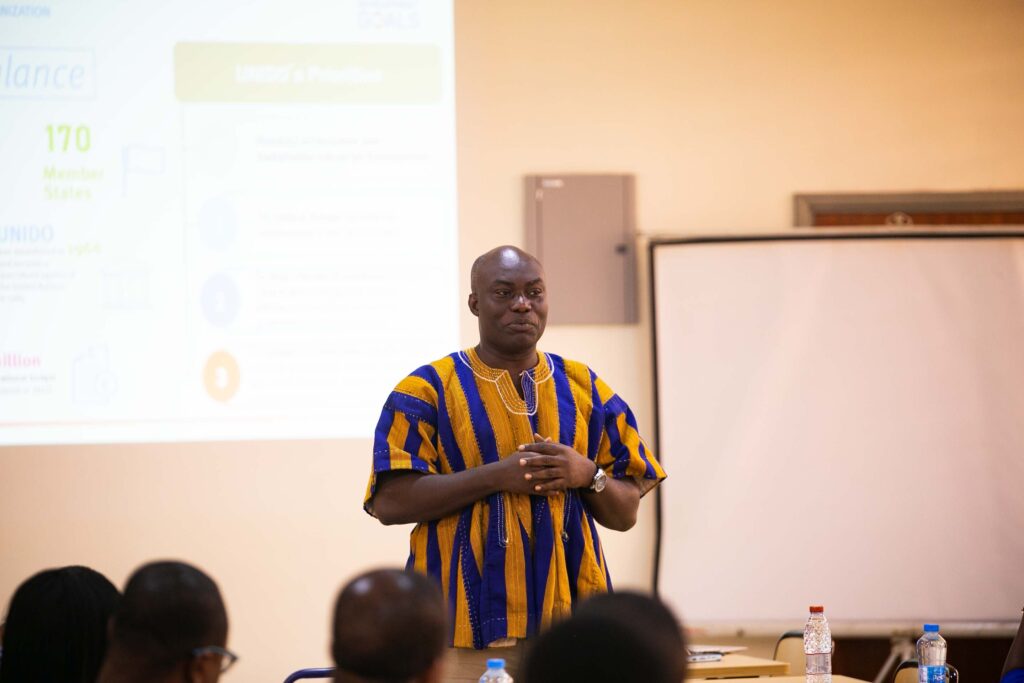
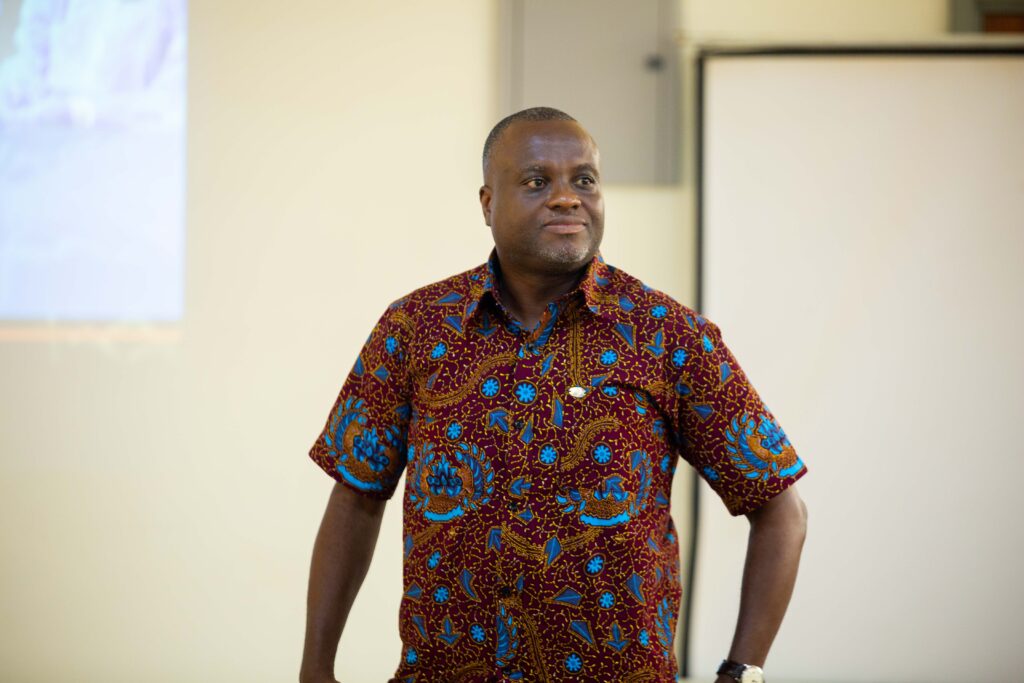
Dr. Kwame Anane-Fenin, Senior Lecturer at Cape Coast Technical University, presented a comprehensive roadmap for sustainable plastic management. He outlined pilot models and implementation pathways, emphasising strategies for material recovery, product redesign, and system optimisation.
In the agriculture session, Mr. Joseph Yeboah, Strategic Partnerships and Engagements Lead for the Project, shared insights into challenges in cassava production and processing. He underscored opportunities for value addition, waste reduction, and the circular use of cassava by-products in Ghana’s agro-economy.
Speaking on behalf of the Vice-Chancellor, the Pro-Vice-Chancellor, Prof. Christopher Mensah, thanked UNIDO for selecting HTU as the host institution and reaffirmed Management’s full commitment to the project. He lauded the HTU team’s dedication and encouraged participants to leverage the workshop as a platform for impactful contributions to national development.
The workshop concluded with group presentations that validated findings, addressed implementation gaps, and offered recommendations to refine the final roadmap.
